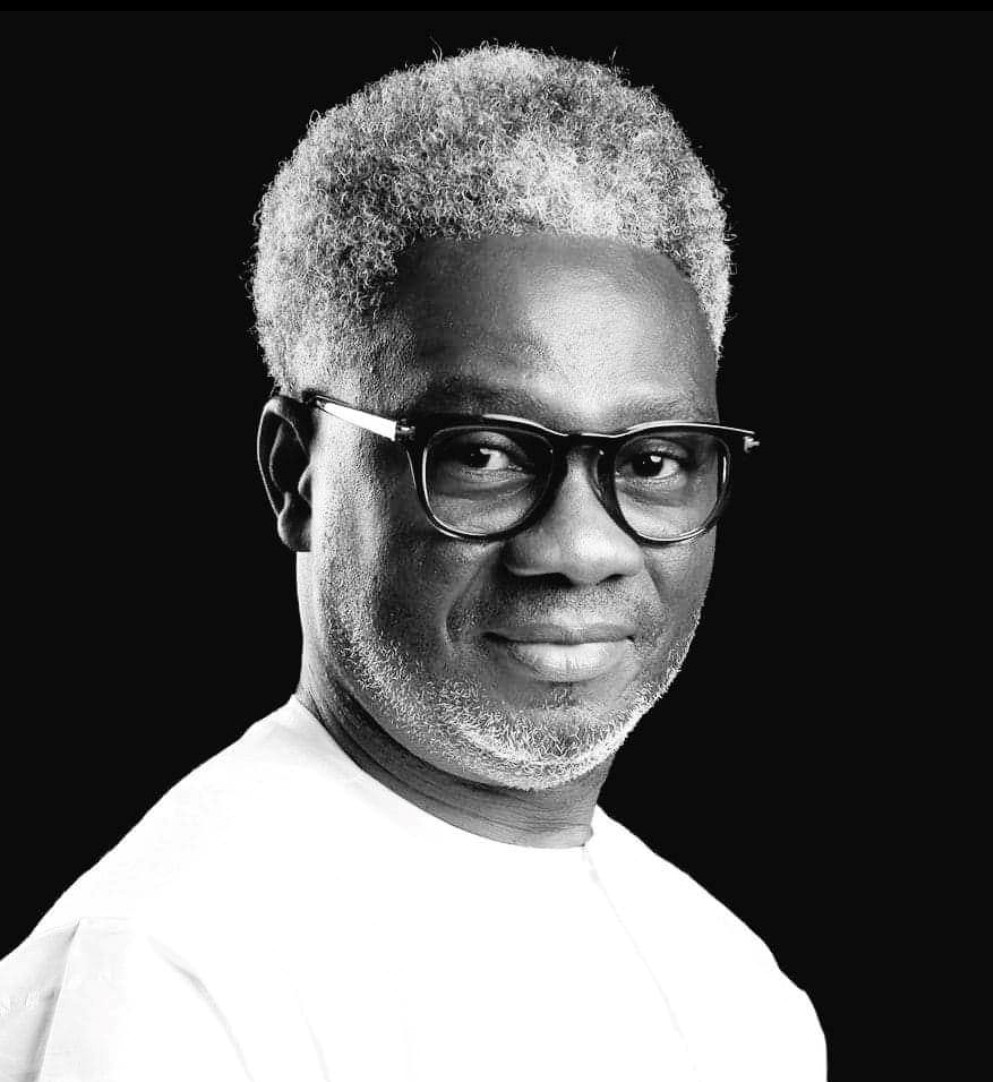—
By NJ Ayuk, Executive Chairman, African Energy Chamber (www.EnergyChamber.org)
In late 2019, as the African oil and gas industry was looking to the future with optimism, Offshore Engineer wrote that the continent was had reason to expect a “more productive 2020.” Instead, the unforeseen happened, and the COVID-19 pandemic had a devastating impact on the oil and gas industry in Africa and around the world.
But even at the end of last year, during a fairly strong period for oil and gas, the publication mentioned that “delays and hiccups” were impacting licensing rounds — that is, the processes by which investors can seek oil and gas exploration licenses from the government – and argued that improvements would have to be made going forward.
This is correct. Licensing process improvements were already needed in late 2019, and now that the oil and gas industry is in the survival mode, it’s more urgent than ever to streamline licensing.
While the details vary by country, the licensing round process has, in general, become too prone to delays and uncertainty. All too often, exploration and production (E&P) companies have to wait one or two years before the exploration projects they propose are sanctioned. These practices, which help protect the interests of oil-producing nations, made sense when crude sold for $100 a barrel. But they don’t make sense now.
After all, conditions are still uncertain. True, crude pricing forecasts for 2021 are cautiously optimistic at the moment, and Goldman Sachs has said Brent oil prices could reach $65 per barrel by this summer, up from the $50-range we’re seeing now. But the outlook for Africa’s petroleum market remains shaky at best.
And it’s not just Africa: The global oil and gas industry continues to feel the negative impacts of the COVID-19 pandemic, which dramatically lowered demand for petroleum products. As a result, oil and gas companies have made dramatic cuts to their capital spending programs, resulting in the postponement and cancellation of numerous exploration and production (E&P) projects around the world.
Under these circumstances, it’s up to African oil and gas producers to do everything possible to encourage as much E&P activity as possible, particularly by international oil companies (IOCs). In the long term, of course, African producer states do need to lessen their reliance on oil and gas revenue. But for now, a number of them rely on it for much of their budgets. And as long as they do, they ought to ask for more. They should lobby for knowledge transfers, training, gas monetization programs, and other significant opportunities so that their strategically managed oil and gas operations can create pathways for economic growth and diversification.
I’ve made a case for the importance of strategic fiscal policies, from revised production sharing contract (PSC) requirements to reduced tax and royalty requirements. Some of my friends in government have strongly criticized me for this and called me a sellout and a whiteboy. I disagree with them and I still love them, but resource nationalism is not the way to go and it is actually dangerous. I truly believe that these changes are necessary to give IOCs an incentive to explore in Africa during the current downturn. But we can’t stop there. We need to consider other pain points that discourage foreign operations in Africa and find ways to eliminate those challenges as well.
The licensing round process is one of those challenges. So why not remove this hurdle? Not all countries use licensing rounds; some use direct negotiation to approve exploration and production rights. I believe it’s time for more African oil and gas-producing states to choose this route. Negotiating with trusted explorers would help them avoid unnecessary delays and bureaucratic red tape. Making these changes would still allow them to emphasize their own priorities – and it might also make IOCs more likely to keep exploring within their borders.
Licensing Rounds Sound Good In Theory
Generally, during licensing rounds, companies submit bids or grants to issuing governments in hopes of being awarded an exploration license – that is, the right to search for commercially feasible petroleum deposits. In the case of bids, the highest ones get a license. Grant approvals, by contrast, are based on prospective explorers’ experience and capabilities. Licenses are awarded for set periods of time, and if commercially viable amounts of oil or gas are discovered, the explorers can negotiate contracts with the government for the right to extract what they find.
The licensing round process does have benefits. For participating countries, it helps make sure interested companies have the necessary financial resources and technical capacity to explore successfully. It ensures that projects are completed in a timely manner. It also helps E&P companies, since the process lays out their rights.
But again, even with their strengths, licensing rounds can create unacceptable hardships for oil companies: Countries tend to take a long time to make their licensing decisions. And when capex budgets have been slashed, waiting one (or even two) years to learn if an exploration project has the green light just won’t cut it. In today’s economic environment, it just isn’t realistic to insist on putting much-needed resources aside on the chance that they’ll be needed in a year or two.
Negotiating with trusted explorers would help them avoid unnecessary delays and bureaucratic red tape
And if we’re going to be honest with ourselves, we have to admit that we’re seeing more and more examples of licensing rounds gone wrong, from extended delays in getting the bidding process started to instances of little to no company participation.
Licensing Rounds Yielding Disappointing Results
Consider Algeria, where oil and gas production rates were already declining in 2019, before the pandemic, largely because of repeated project delays caused by, among other challenges, slow government approval. During four licensing rounds, Algeria saw minimal interest from investors.
Nigeria, too, is known for the less than speedy pace at which it sanctions exploration projects. Even before COVID-19, its slow movement on this front contributed to a decline in oil production over a 10-year period.
And in 2019, as I mentioned, there were licensing round mishaps in multiple countries. “Some rounds, for example, Ghana’s First Licensing Round, have seen limited successes, while others have suffered delays or suspension,” GlobalData Upstream Oil & Gas Analyst Toya Latham told Offshore Magazine. “Gabon’s 12th Licensing Round and Somalia’s First Offshore Licensing Round have been extended in 2020 (in part due to delays in enacting pivotal legislation), whilst Madagascar’s long overdue licensing round has been suspended.”
And we saw licensing rounds go wrong before that. In early 2018, for example, only one company responded to Cameroon’s licensing round, in which eight blocks had been available. Think about it, just one and the bureaucrats still think all is right. These issues haven’t been limited to Africa, by the way. In 2017, only one bidder responded to an opportunity to explore five offshore blocks in Lebanon. Brazil had a couple of licensing rounds fizzle in late 2019: the Transfer of Rights Surplus Round, which only brought in two bids, and the Sixth Production-Sharing Bid Round, which only attracted one bid.
We Must Consider Investors’ Perspectives
Fast forward to the oil and gas industry of 2021. In today’s reality, delayed licensing round starts and long waits for decisions are more likely than ever to dim companies’ interest. These challenges aren’t trivial, since operating in Africa already represents significant risks and expenses for IOCs. Companies must, for example, factor in the possibilities of security concerns and lapses in infrastructure along with the risks that come with every exploration project, including the failure to find commercially viable petroleum stores. Then there are the additional expenses of operating overseas, complying with local content policies, supply costs, and a myriad of taxes and fees, among others.
I’ll be the first to trumpet the opportunities for IOCs in Africa, from our vast stores of oil and gas to large swaths of unexplored territory. But we have to be realistic about how businesses work. Companies need to be able to make a reasonable profit in order to justify their outlays. And when the oil and gas industry is in the midst of a downturn, as it is now, excessive risks and expenses are the last things IOCs can consider. So we have to work with IOCs and do what we can to help them profit in order to convince them to choose African sites over other options.
Direct Negotiations Could Be a Win-Win
That’s why I think a transition from licensing rounds to direct negotiations makes sense for African countries. For one thing, negotiation periods would not be tied to rigid opening and closing schedules as licensing rounds are, minimizing the risk of unreasonably long waits for a decision. Even better, direct negotiations would allow E&P companies to work with countries to discuss, and possibly adjust, the major terms of their production contracts.
With that kind of flexibility, companies with concerns about a country — whether they have questions about tax laws or local content requirements — might be willing to pursue exploration opportunities that they would have turned down, had they been required to participate in the bidding process.
We Can Make This Work
True, even with a different licensing scheme, African countries will have other unique risk factors to address – factors that could make IOCs hesitant to invest in Africa. High on that list are concerns about corruption. That’s why the African Energy Chamber pushes so strongly for meaningful transparency measures.
And again, we can’t overemphasize the importance of creating fiscal regimes more favorable to IOCs. Those measures should include, along with fairer tax and royalty requirements, the creation of natural gas-specific production-sharing contracts, rather than relying on crude oil PSCs as a one-size-fits-all template. A lot of countries have a difficult time working with companies to get to FID on natural gas discoveries. Not only will gas PSCs help make it easier for companies to conduct profitable gas projects, they also could help prevent problems and lengthy negotiations when explorers find gas, rather than crude.
IOCs are, and can continue to be, invaluable allies to African nations. Their E&P activities contribute revenue that many oil and gas-producing countries rely on now, but we also can work with them to foster economic growth and diversification for tomorrow. African countries need IOCs to create job and business opportunities today, but we also can work with them to achieve capacity building and technological know-how that will pave the way for a better future. It only makes sense to do everything possible to give explorers the certainty, predictability, and incentives they need to be competitive in Africa.


















